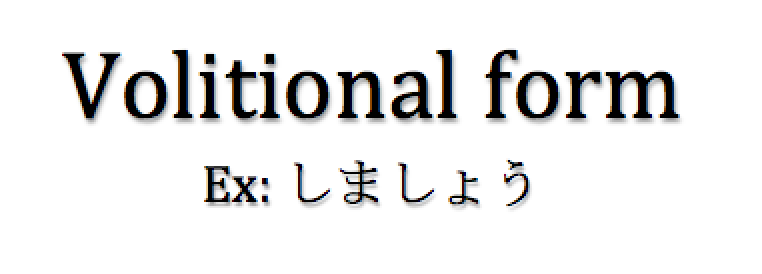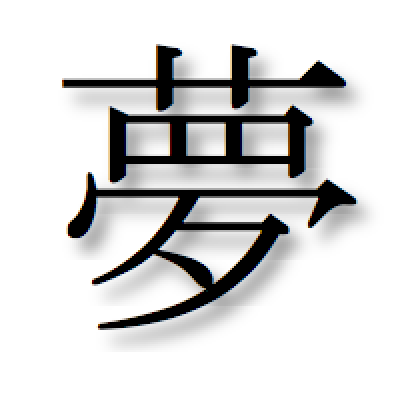Japanese Drama Recommendation: ありふれた奇跡 (“Everyday Miracle”)
As I’ve said in several other posts, Japanese dramas are a great source for learning conversation skills, including common expressions and vocabulary. However, depending on the drama, there will be more or less coverage of stuff that you would actually be able to use yourself. For example, a drama where the main character is a… Read More »


